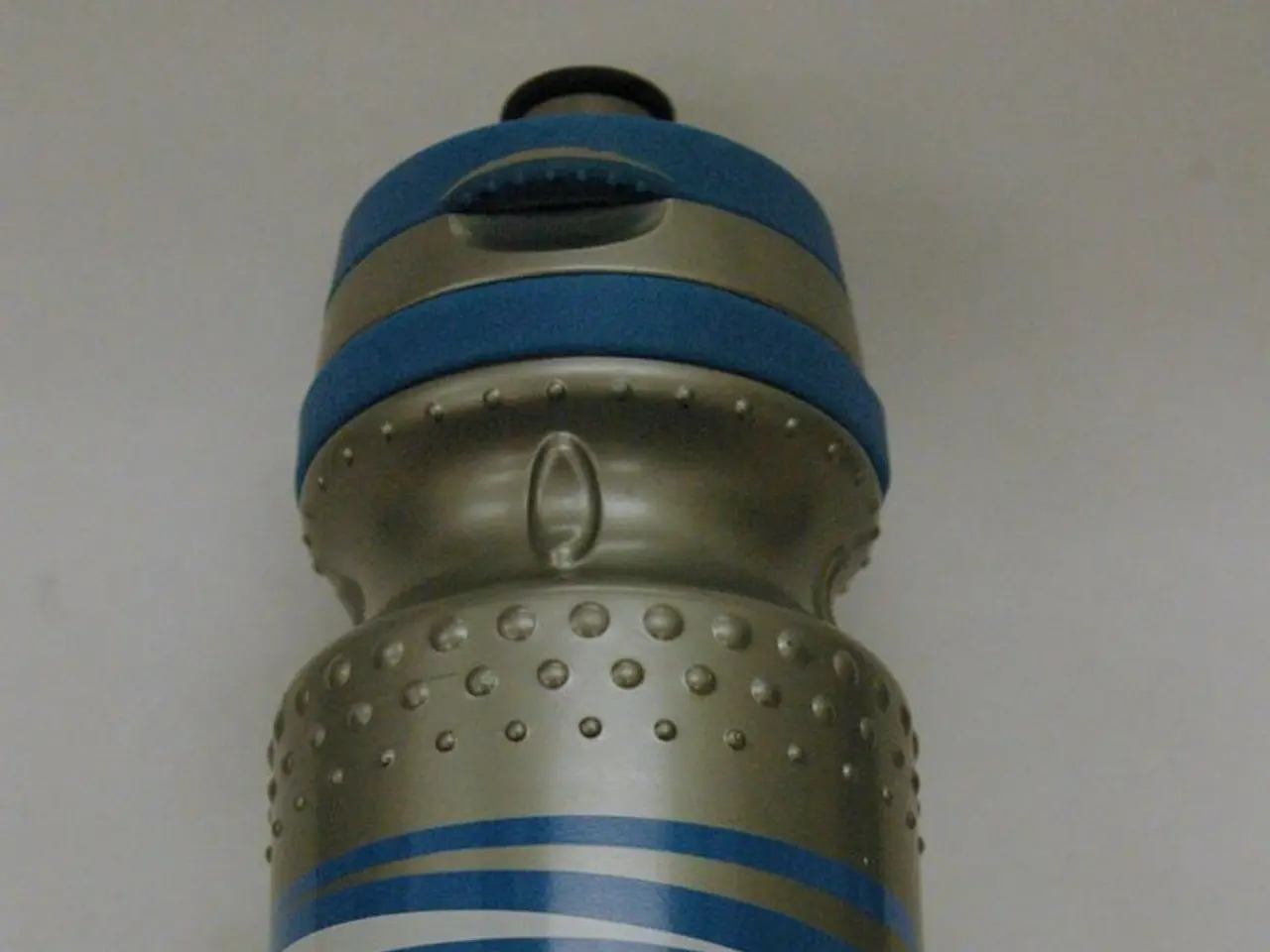A Man's Journey to Chemical-Free Sexual Pleasure: Jean-Patrick's Story
Post-Chemsex: Return to Drug-Free Pleasure
Jean-Patrick, a 34-year-old freelance translator-editor, has embarked on a quest for a more fulfilling and chemical-free sexual experience. In 2023, he co-founded the association Chems pause, a platform dedicated to helping others break free from the grip of chemsex.
Chemsex, a practice involving the use of drugs to enhance sexual experiences, often leads to group sex, compulsive behaviours, and risky activities, including frequent masturbation with pornography. After such a history, an individual may wish to retrain themselves to masturbate without relying on pornography or substance use—a process that involves rewiring sexual response, reducing reliance on external stimuli, and fostering a healthier relationship with one’s own body.
For Jean-Patrick, the journey began with a romantic interest. The introduction to chemsex was not voluntary, and it led him to work on his imagination again. Unlike traditional sexual experiences, chemsex lacked the physical affection like cuddles and tenderness that he craved.
Retraining oneself to masturbate without porn after chemsex is a journey of self-discovery and healing. Jean-Patrick's approach involves recognizing the underlying patterns, gradual reduction, focusing on sensation and imagination, creating a supportive environment, addressing potential challenges, enhancing overall well-being, and practicing various techniques.
Acknowledgement and Gradual Reduction
Acknowledgment is the first step: understanding that porn and chemsex may have conditioned your brain to associate sexual satisfaction with specific, intense stimuli. This conditioning can make ordinary masturbation feel less satisfying at first. Recognizing this helps set realistic expectations for the transition period.
Instead of quitting abruptly, consider a phased approach. Reduce porn use gradually to avoid withdrawal-like frustration. Set clear boundaries, deciding specific times for masturbation without porn, gradually increasing the frequency of sessions without external stimuli. Replace habits by creating new rituals—such as deep breathing, mindfulness, or gentle touch—to signal the start of a self-pleasure session.
Focusing on Sensation and Imagination
Direct attention to physical sensations rather than visual or chemical stimuli. Techniques include mindful touch, varied techniques, and using imagination. Mindful touch involves slowing down, exploring different pressures and rhythms, and focusing on how each touch feels. Varying techniques can help discover what feels good without external aids. Using imagination helps reconnect with your own desires and creativity, visualizing intimate scenarios or past pleasurable experiences rather than relying on pornographic imagery.
Environmental and Emotional Support
Create a comfortable, private space free from reminders of porn or drugs. Seek support from groups or therapists specializing in sexual health and addiction to address underlying psychological factors. Practice self-compassion, accepting that progress may be slow and that occasional setbacks are normal.
Addressing Potential Challenges
Expect diminished arousal or difficulty reaching orgasm at first, as your brain adjusts to less intense stimuli. This is temporary and improves with consistency. Avoid substituting one compulsive behavior for another, monitoring for new addictive patterns, such as excessive masturbation or use of non-pornographic but still problematic stimuli.
Enhancing Overall Well-being
Regular exercise, balanced diet, and adequate sleep can improve sexual function and mood. Techniques like meditation, yoga, or journaling can reduce anxiety and compulsive urges. Remind yourself that masturbation without porn is a natural, healthy part of human sexuality.
Practical Techniques to Try
The Milking Technique, Crystal Ball Massage, using a lubricated condom, and changing positions and touch are practical techniques to explore during this transition period.
Long-Term Perspective
Retraining takes time—neuroplasticity means your brain can adapt, but the process requires patience and persistence. Celebrate small victories and focus on the quality of the experience, not just the outcome. Over time, masturbation without porn can become more satisfying and fulfilling as your brain reconnects with natural arousal pathways.
Jean-Patrick has been drug-free for two years after a decade of recreational use of synthetic drugs such as 3-MMC and GHB/GBL. His journey serves as an inspiration for others seeking to break free from the grip of chemsex and rediscover solo pleasure and reconnect with themselves.
- Jean-Patrick's rehabilitation journey delved into various aspects of health-and-wellness, including mental-health and sexual-health, as he aimed to curb his dependence on chemsex and develop a healthier relationship with his body.
- As a part of his self-discovery process, Jean-Patrick adopted techniques like focusing on sensation and imagination, creating a supportive environment, and enhancing overall well-being to gradually reduce his reliance on porn and chemical stimuli during masturbation. He also advocated for public awareness regarding the benefits of a chemical-free sexual experience, contributing to the science and health-and-wellness discourse.




